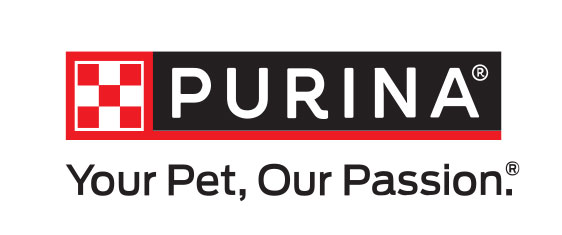Generic Pet Medication FAQs
Doctor of Veterinary Medicine

While efforts are made to answer all questions as quickly as possible, if an immediate answer is required or if your pet is in need of urgent or emergency care, contact your pet's veterinarian immediately.
Doctor of Veterinary Medicine

You will receive an answer from Dr. Lindsay and our vet/tech team as soon as possible, usually the same day.
All answers are provided for informational or educational purposes only, and are intended to be a supplement to, and not a substitute for, the expertise and professional judgment of your pet's veterinarian.
It may be necessary to consult your pet's veterinarian regarding the applicability of any opinions or recommendations with respect to your pet's symptoms or medical condition.
CloseDoctor of Veterinary Medicine

An error has occurred, please reload the page and try again.
CloseWhile efforts are made to answer all questions as quickly as possible, if an immediate answer is required or if your pet is in need of urgent or emergency care, contact your pet's veterinarian immediately.
There is no answer related to your question
Generic products often get a bad rap. They are seen as inferior, or somehow less valuable and reliable than their name-brand counterparts. Some people think that lower cost means lower quality.
As consumers, we are tuned to trust big brands. Nike and Adidas dominate sportswear, for example. Or look no further than headphones. Are the $300 headphones really six times better than the $50 pair?
The same bias exists in the world of pet medications. Mega-brands like Frontline and Heartgard dominate the market at the expense of the less expensive generic alternatives, like Flea5X Plus, generic for Frontline.
Consumers are generally leery of brands they aren't familiar with and are willing to pay a bit extra for the peace of mind that accompanies a household name. However, that might not make the most sense for your wallet.
- Are generics as safe as the brand names?
- What tests are they subject to?
- Are generics as effective as brand name medications?
- Why are generics cheaper?
- So, there's no difference in the cost of actually making the medication?
- Will generic drugs take longer to treat my pet?
- Are the potential side effects the same?
- Why do brand name drugs and generics look different?
- Where can I find more information about generic drugs?
The main thing to remember, whether you are a proponent of the generics or brand names, is to do your research when selecting the proper medication to keep your pet happy and healthy! If you have any questions about generic medicines and your pet's health submit a question to our veterinarian, Dr. Dym: Ask our vet
Making sure your pet takes the medicine he or she needs doesn't have to be a struggle! Just follow these tips for giving your pet medication.
 Swipe
Swipe



















